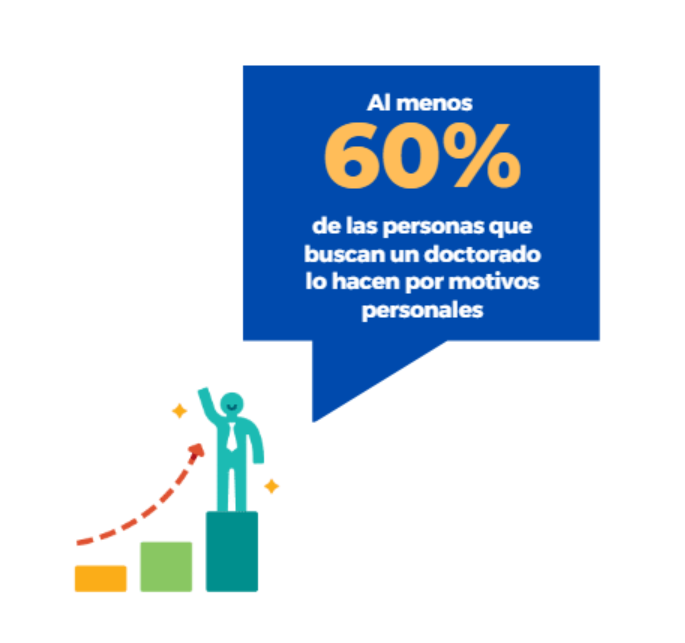How to Resume Your Doctorate After a Break: Achieving Personal Goals
Returning to your doctorate after taking a break can be an exciting and challenging endeavor. Whether you took a break to pursue other opportunities, attend to personal commitments, or simply recharge, resuming your Ph.D. requires careful planning and a focused mindset. In this blog post, we will explore the importance of pursuing and studying a Ph.D., while providing creative and informative strategies for resuming your doctoral journey and achieving your personal goals.
1.- Clarify Your Goals: Before diving back into your research, take a step back and clarify your goals. Start by looking at the big picture and then break it down into shorter time segments. Ask yourself what you want to accomplish in the next six months, three months, and even the next month. By setting measurable goals, you avoid feeling overwhelmed and gain a sense of progress.
2. Develop Strategies: Once you have identified your goals, it's essential to develop strategies to achieve them. Consider different approaches and techniques that will help you reach your objectives. For example, if you need to acquire a specific laboratory technique, you can seek guidance from senior graduate students or allocate time for self-study and experimentation. Choose the strategy that suits you best and create a list of actionable steps to execute it successfully.
3.- Prioritize and Organize: With your goals and strategies in place, it's crucial to prioritize and organize your actions. Evaluate the importance and logical sequence of your goals, strategies, and actionable points. Prioritize your tasks based on their significance and time efficiency. Consider any limitations or constraints you may have, such as time, resources, or expertise. You can even create a flowchart to guide your decision-making process based on experiment outcomes.
4.- Create a Workable Plan: Transform your prioritized actions into a comprehensive plan. Ensure that your plan is feasible within the allocated time frame. Consult with your thesis advisor to align your objectives and discuss the necessary steps. A well-structured plan will provide you with a clear path to follow and help you track your progress effectively.
5.- Monitor and Adjust: Regularly monitor and measure your progress to stay on track. Remain flexible and be open to adjusting your goals and plan as you gain more experience and insights into your research project. Consider using the SMART method (Specific, Measurable, Attainable, Realistic, Time-related) to set realistic and achievable goals.
6.- Effective Time Management: Managing your time efficiently is key to achieving your goals. Keep a record of your daily activities to identify time-wasting habits and energy fluctuations. Determine your peak-energy periods and allocate them to tasks that require focus and concentration. Prepare a to-do list to keep yourself organized and prioritize tasks based on importance and urgency. Embrace the 80/20 rule, focusing on the tasks that yield the most significant results.
If you're ready to pick up your goals and earn your doctorate but haven't decided which option is best for you, consider online universities, which allow you to enjoy flexible, self-paced learning.

Another advantage of distance studies, besides time management, is the fact that many online universities allow you to design your program.
This is ideal, as you can mix your real experience and interests, to create a unique program that really gets you where you want to be and allows you to fulfill your purpose. At least 60% of people who pursue a Ph.D. do so for personal reasons, and being the architect of your program will really allow you to gain those insights that are important to you and your goals.
Definitely, coming back to your doctorate after a break is an opportunity to reignite your passion for research and pursue personal growth. By setting clear goals, developing strategies, prioritizing tasks, creating a workable plan, and managing your time effectively, you can navigate this phase successfully.